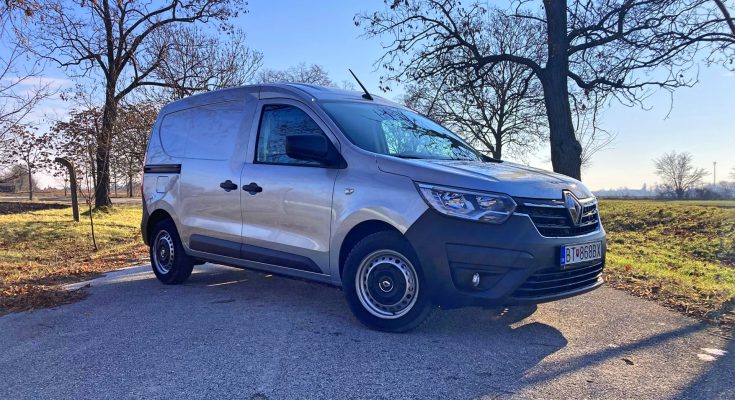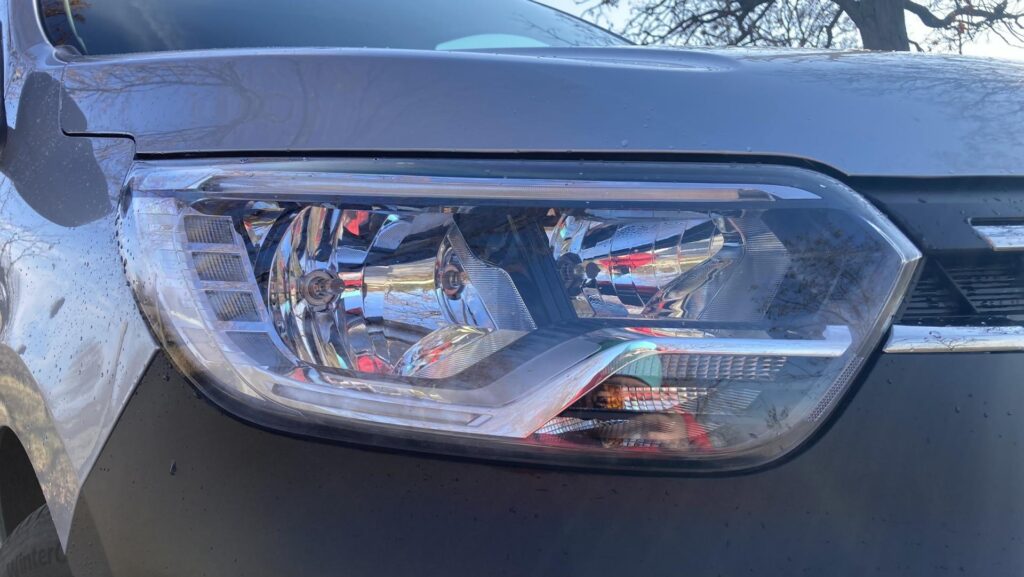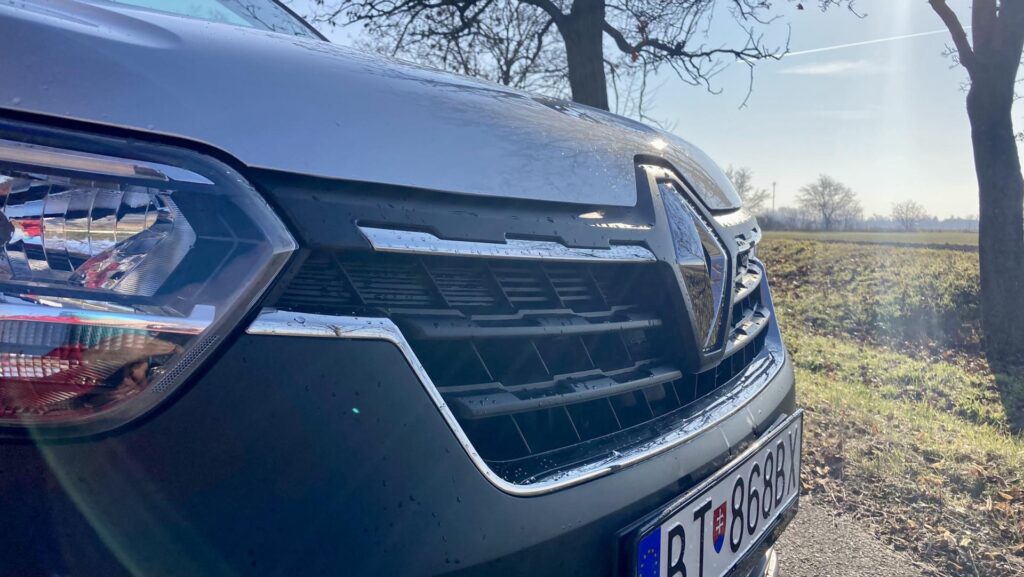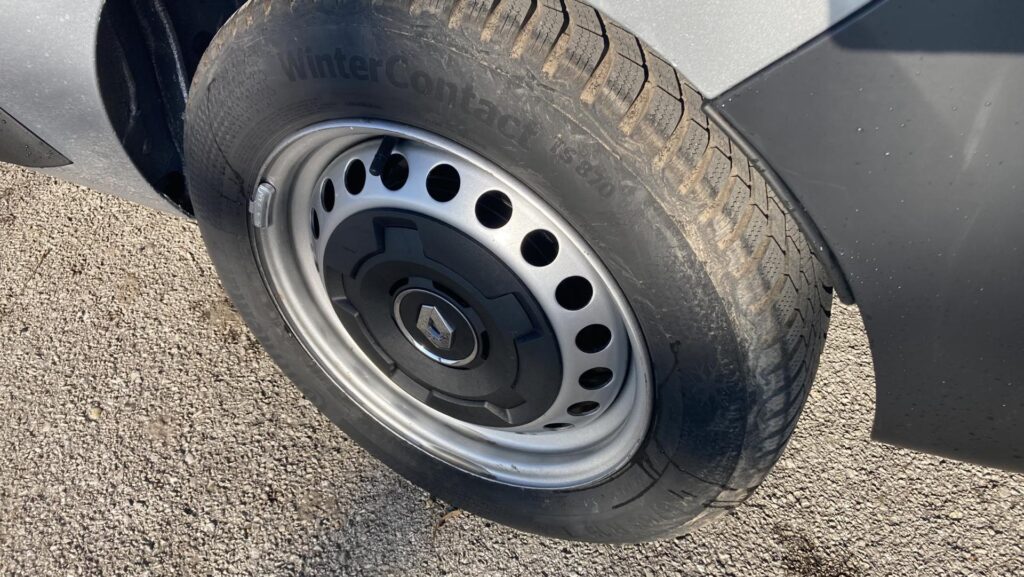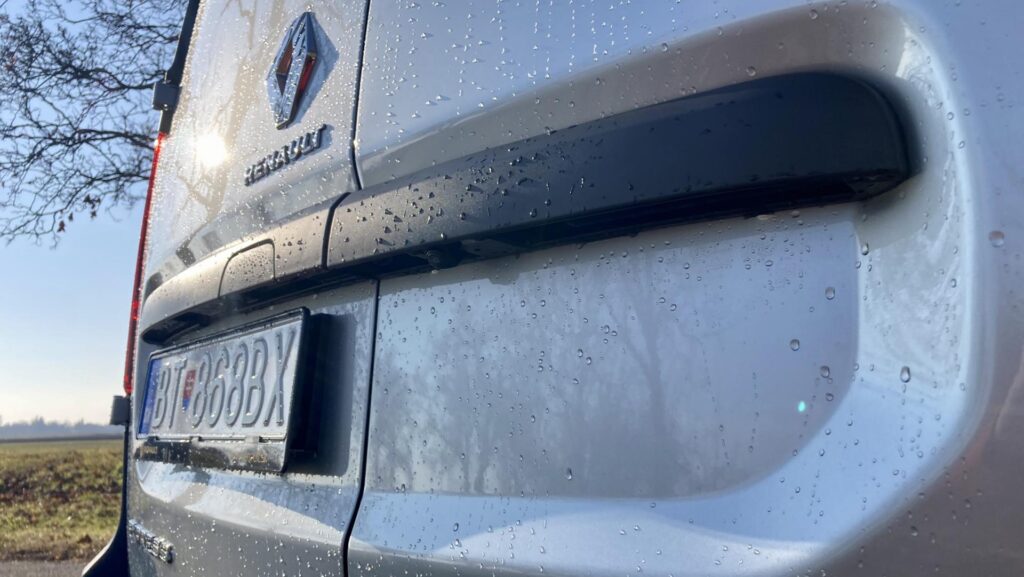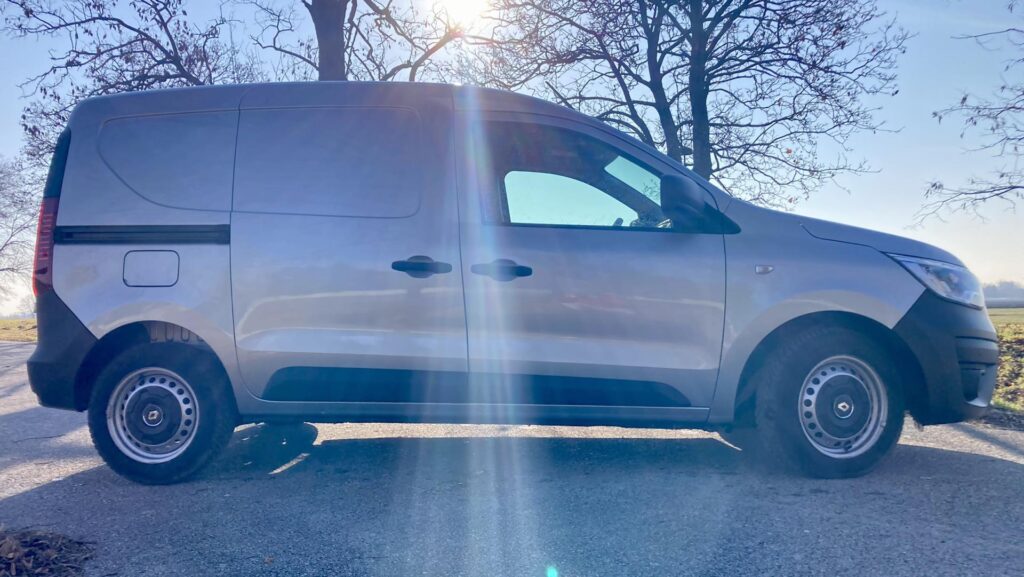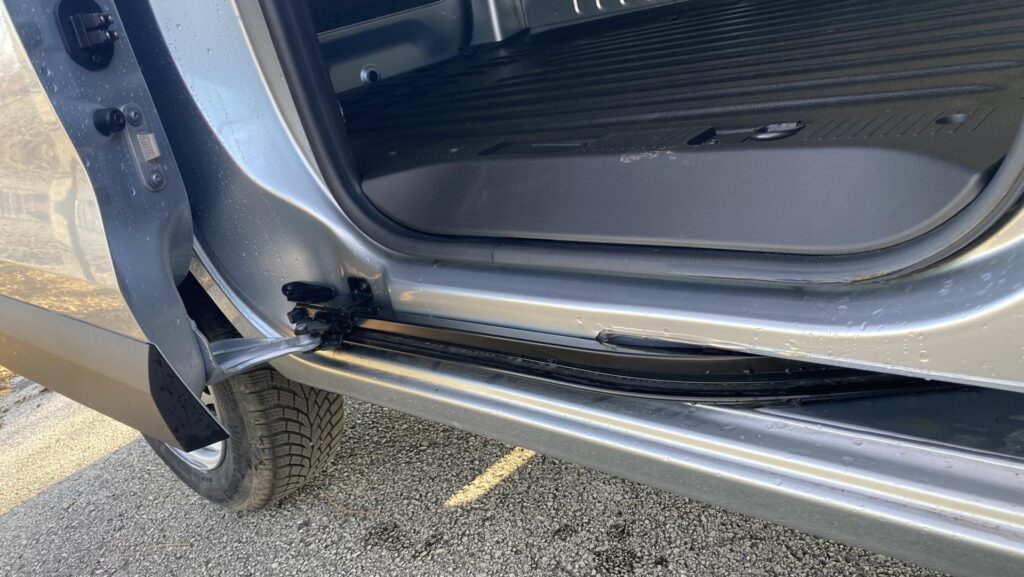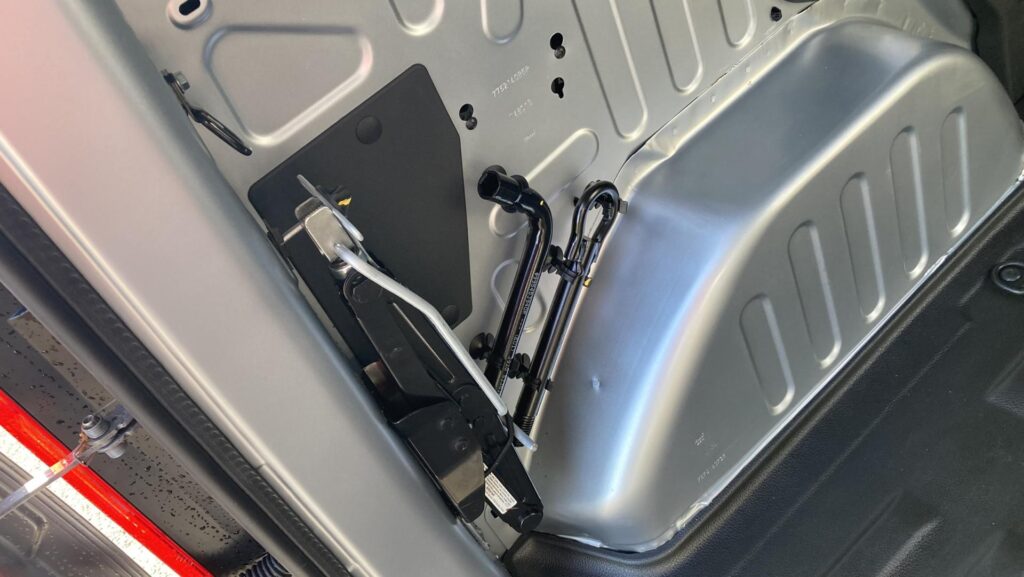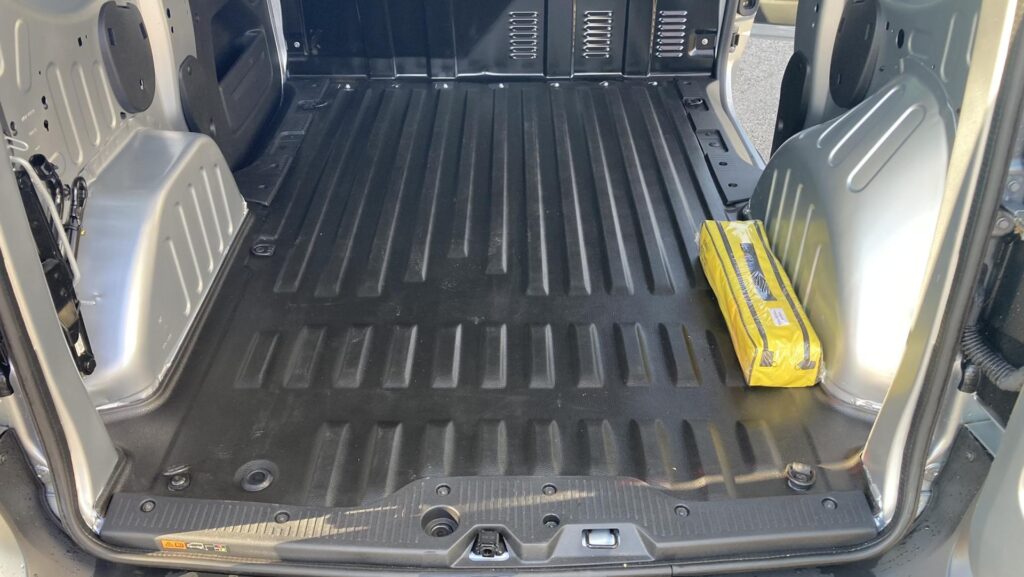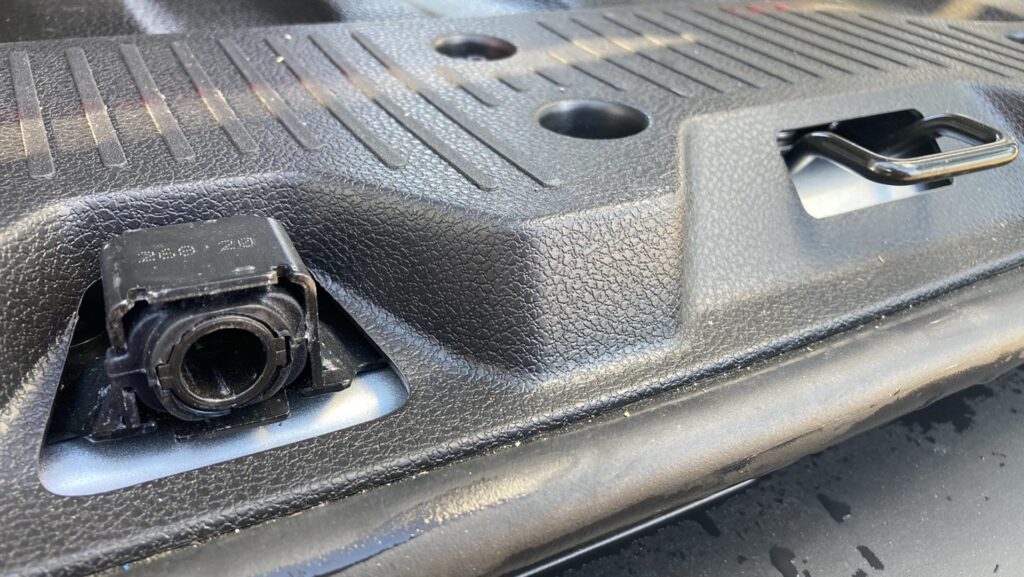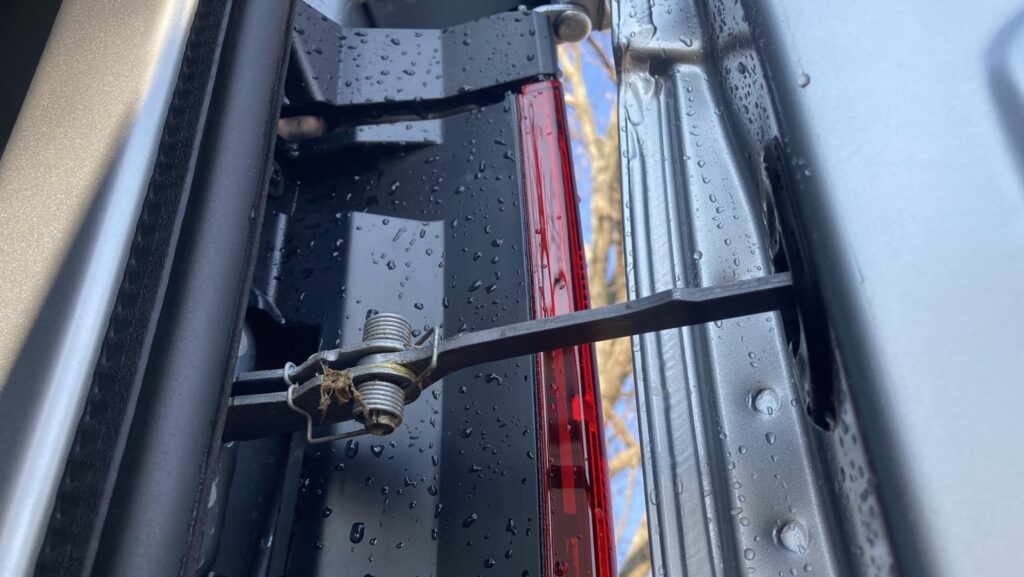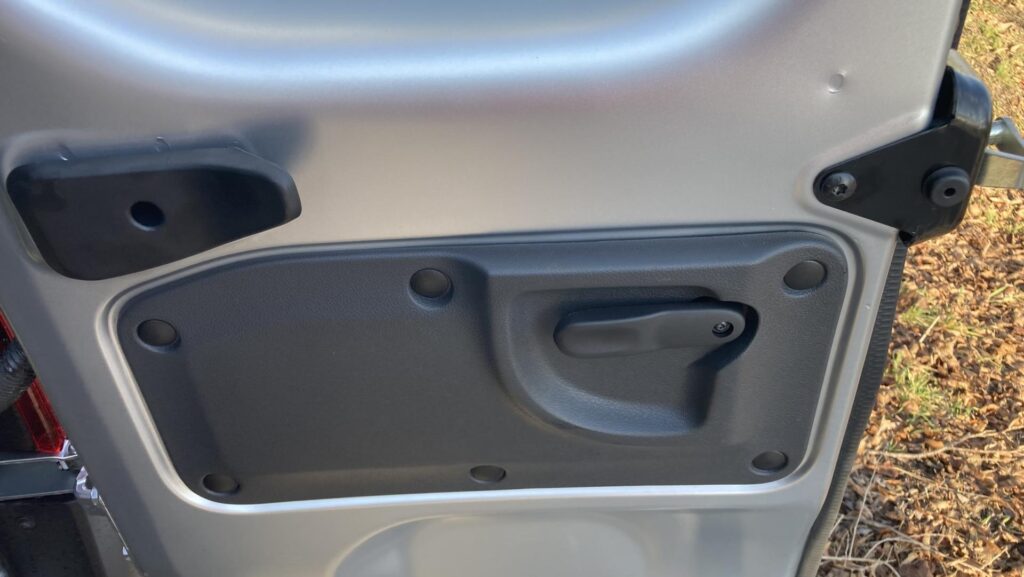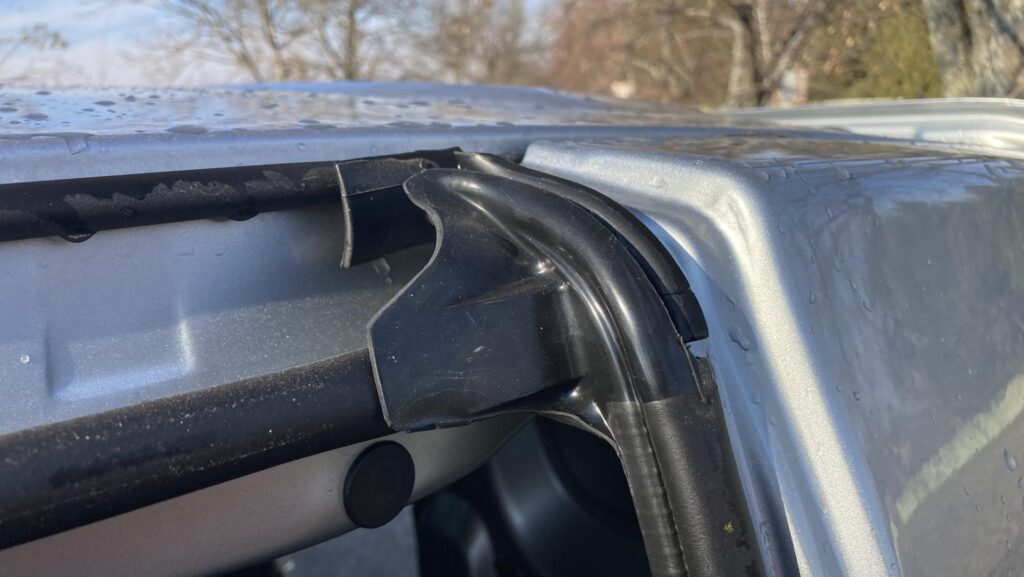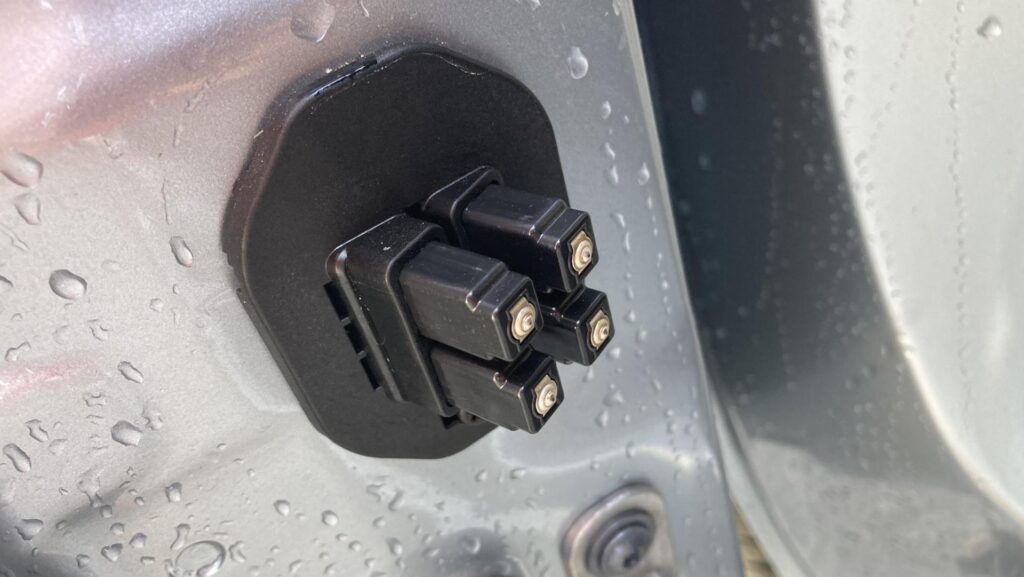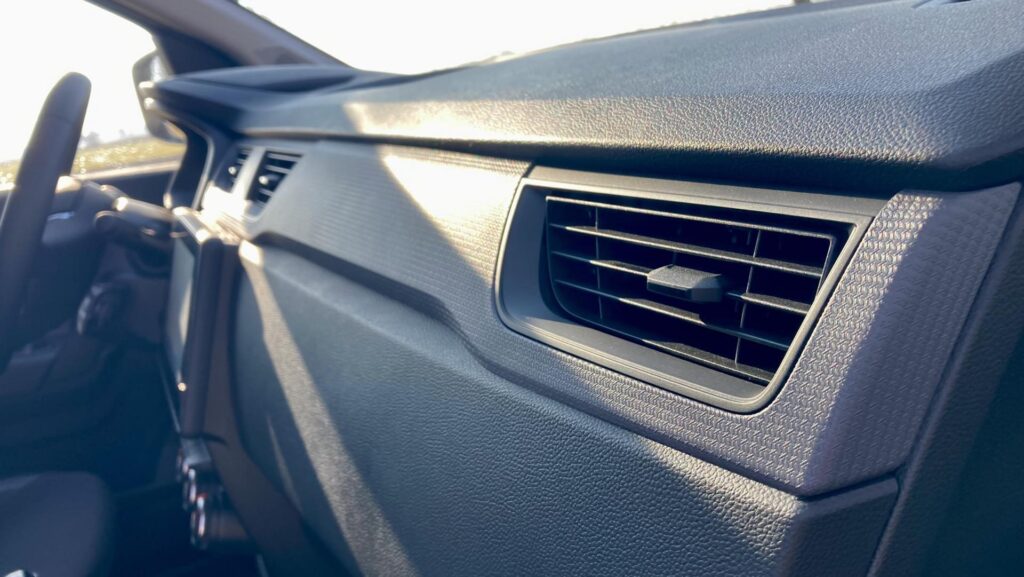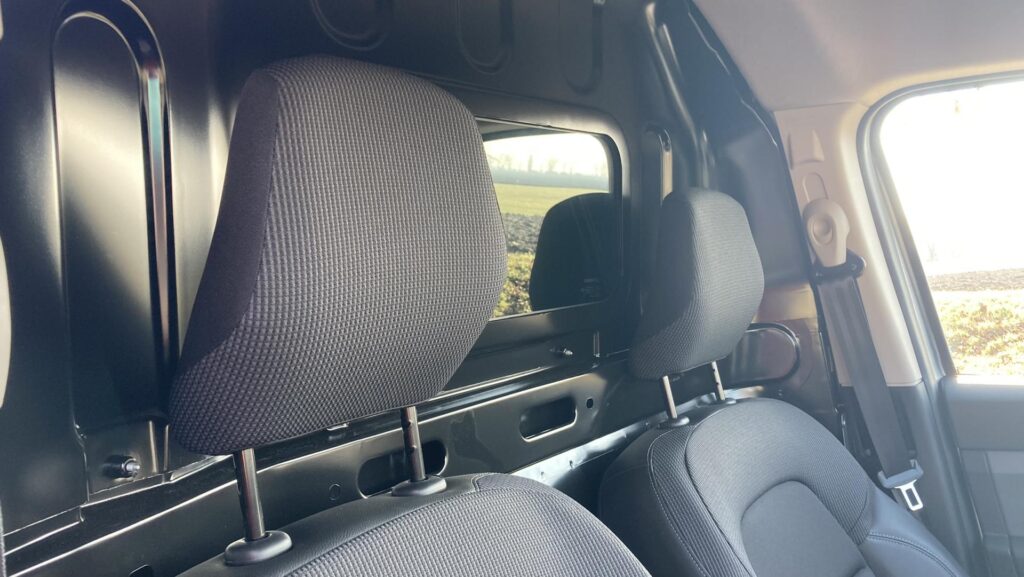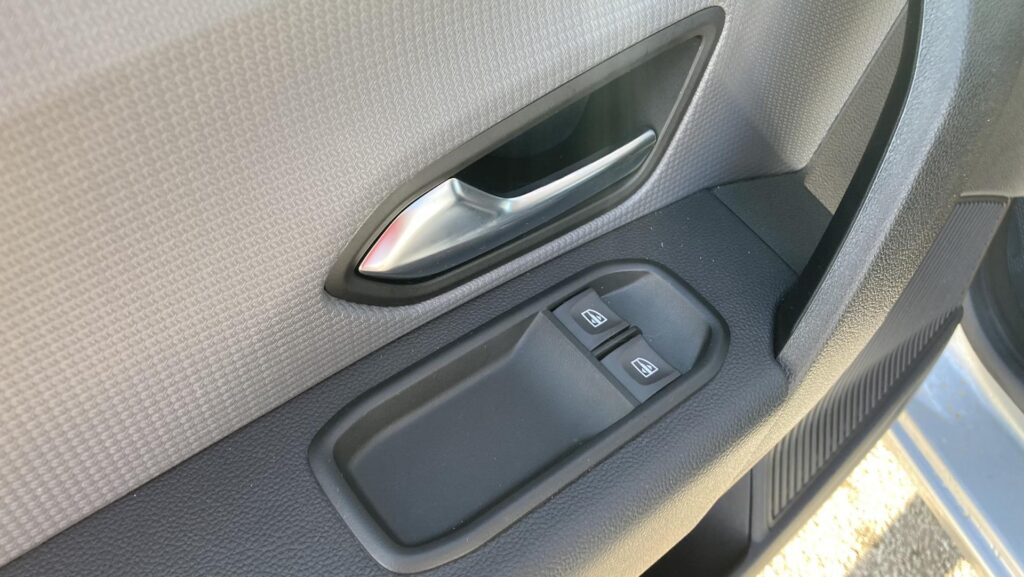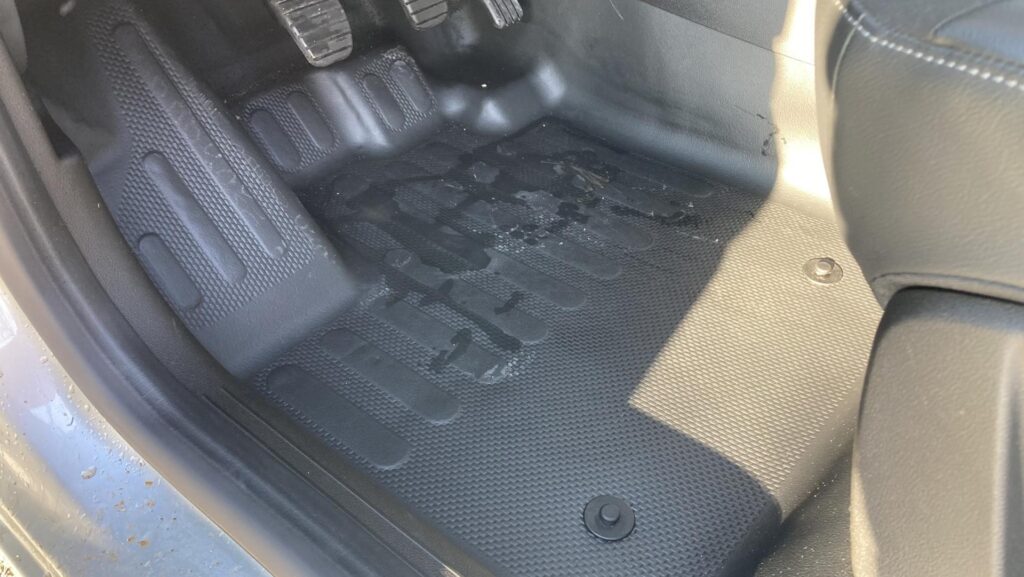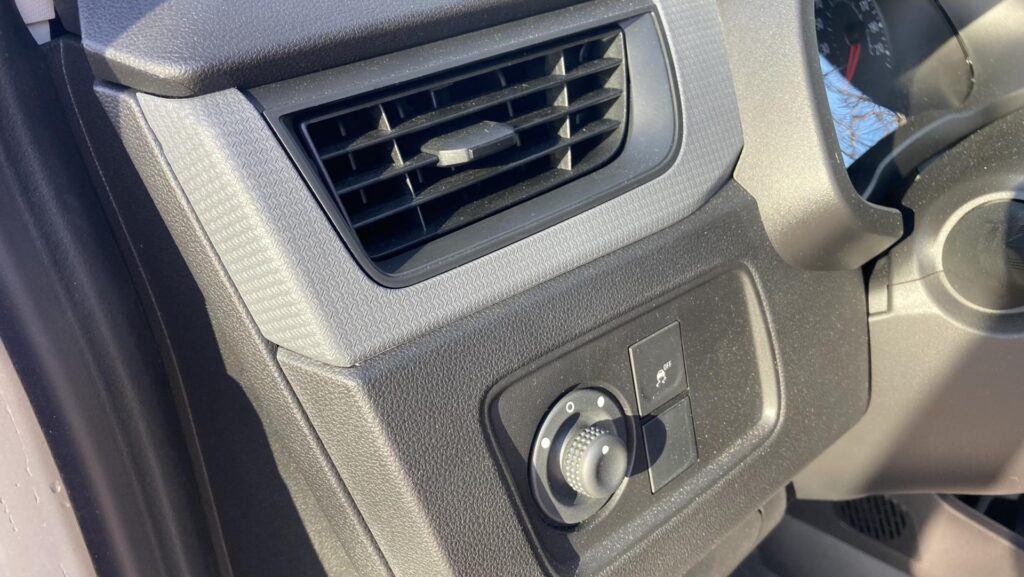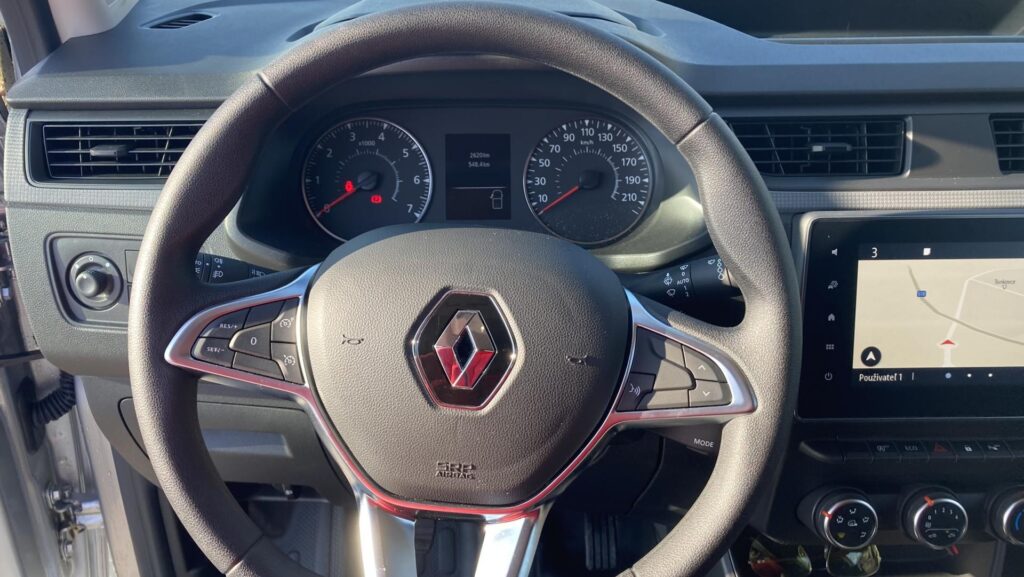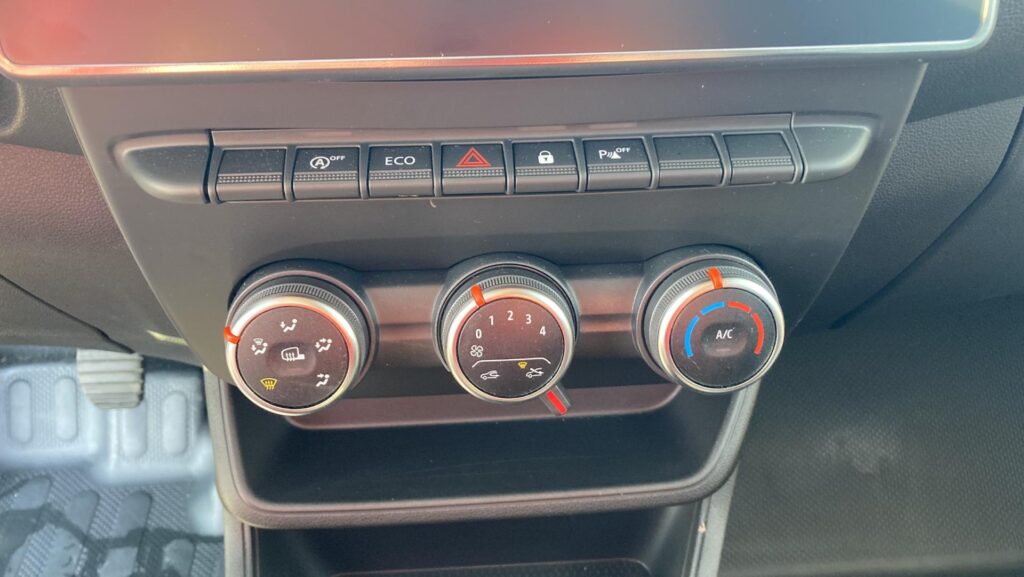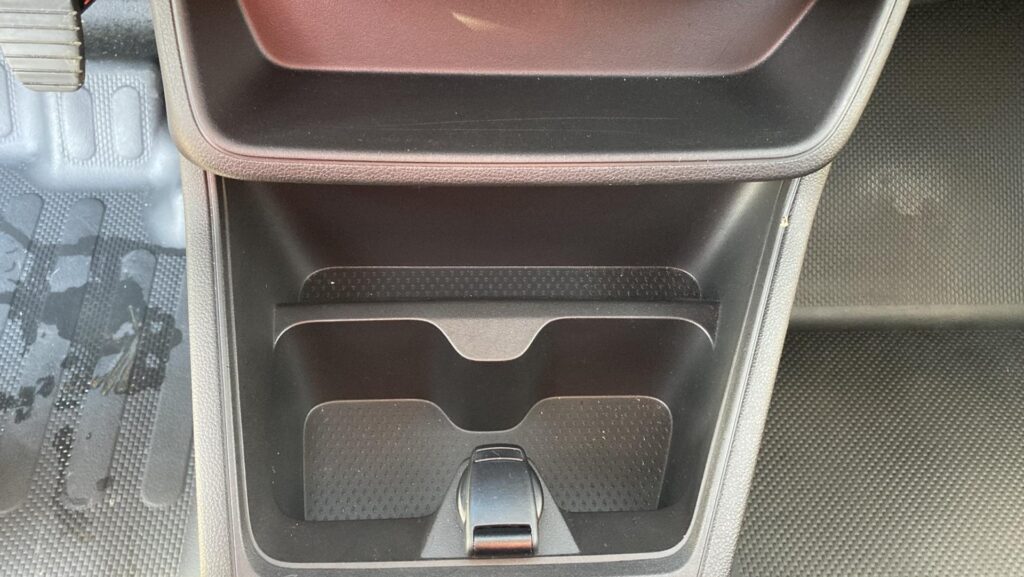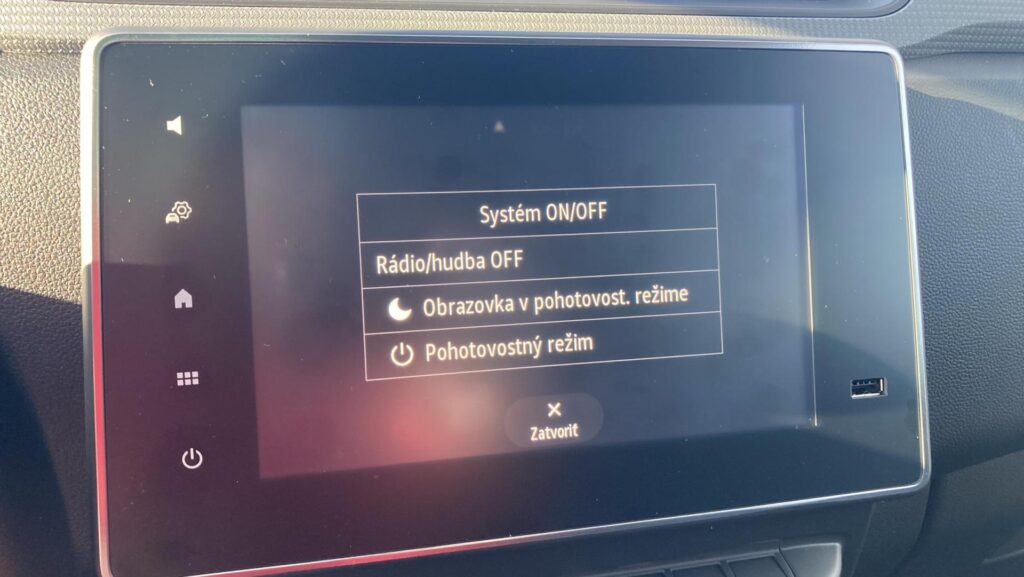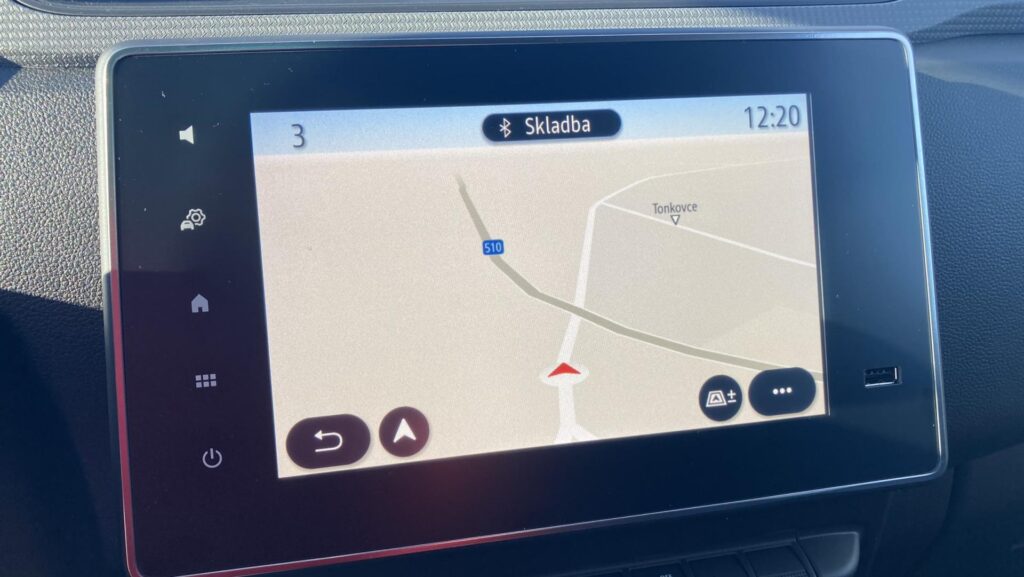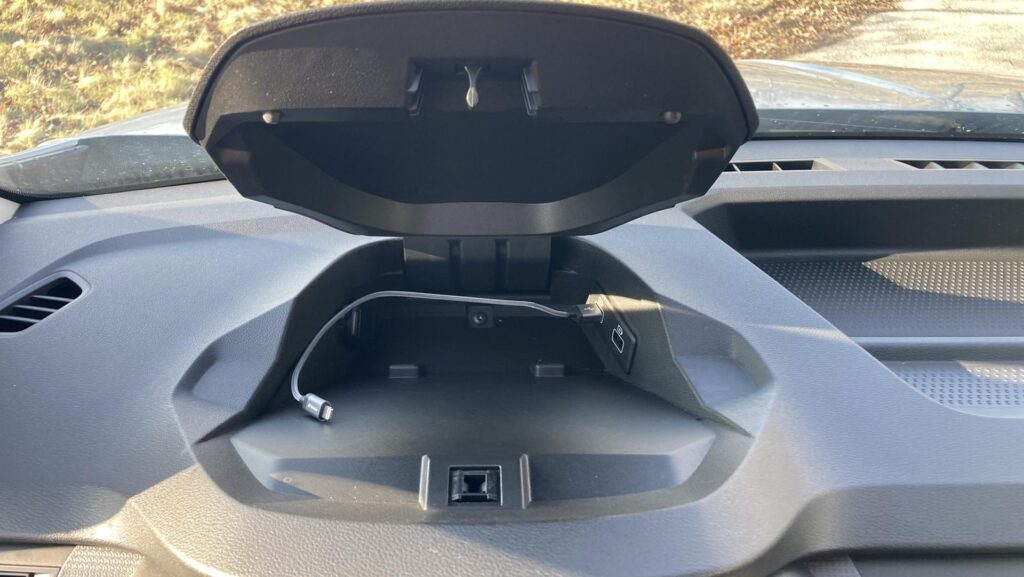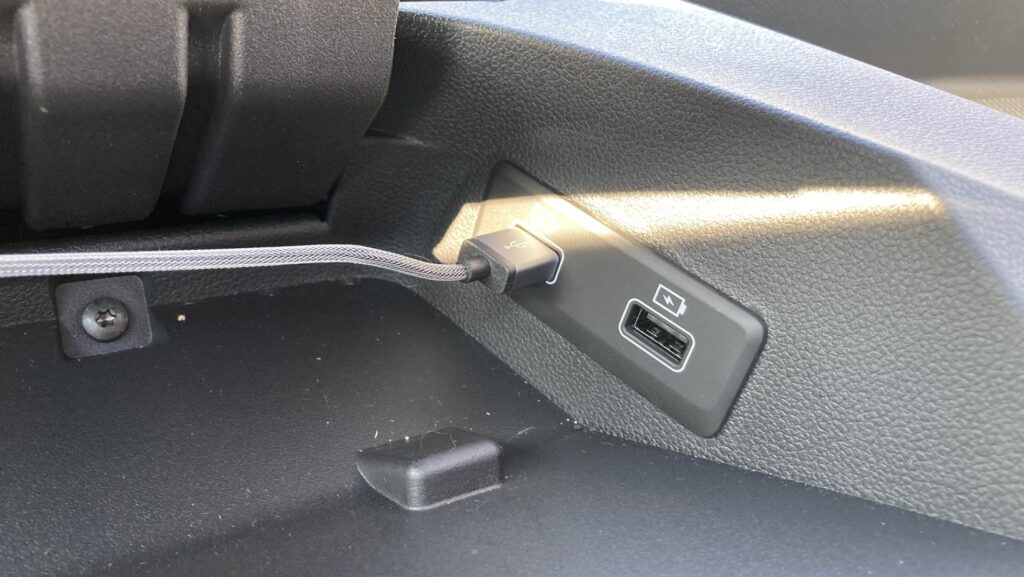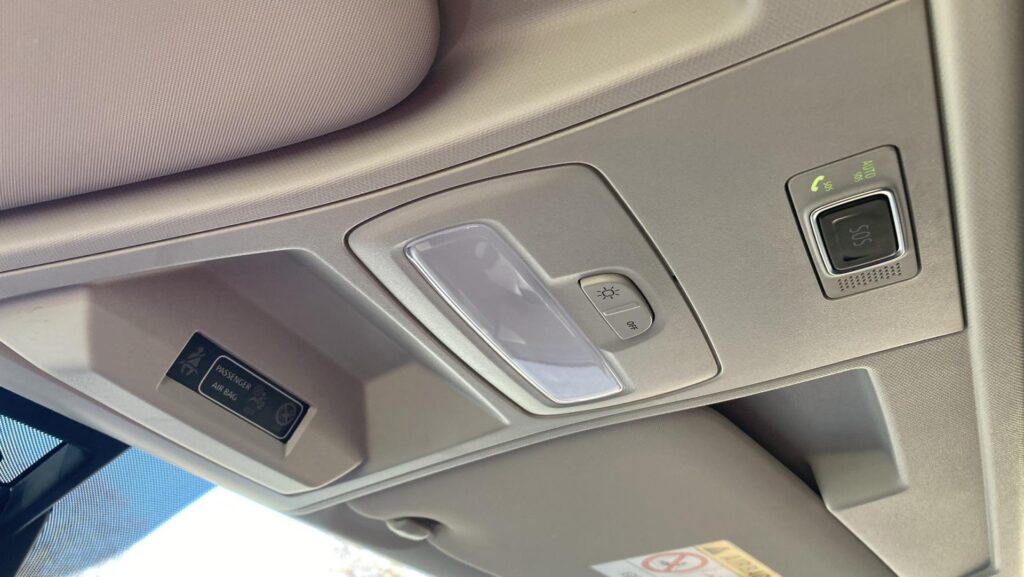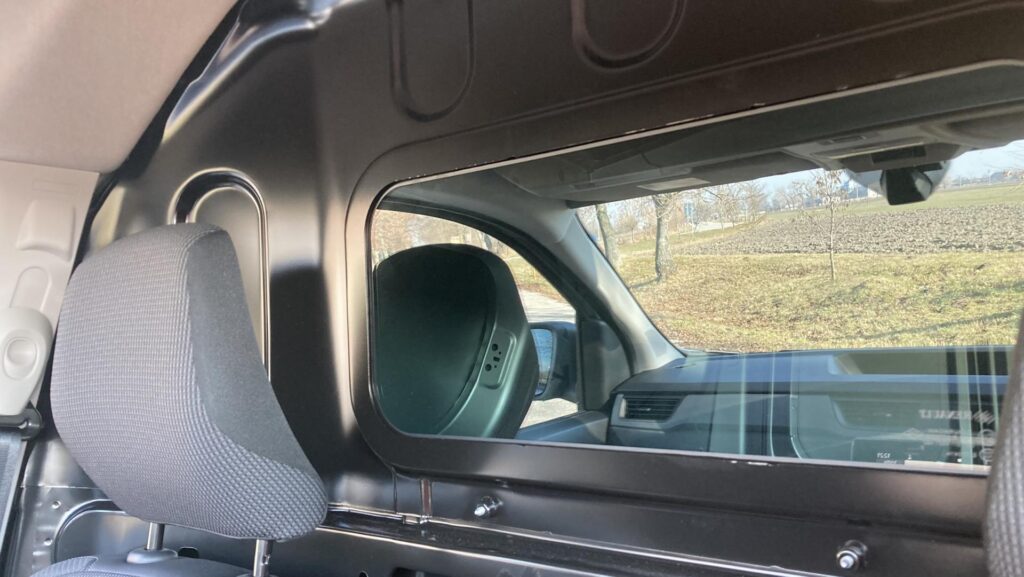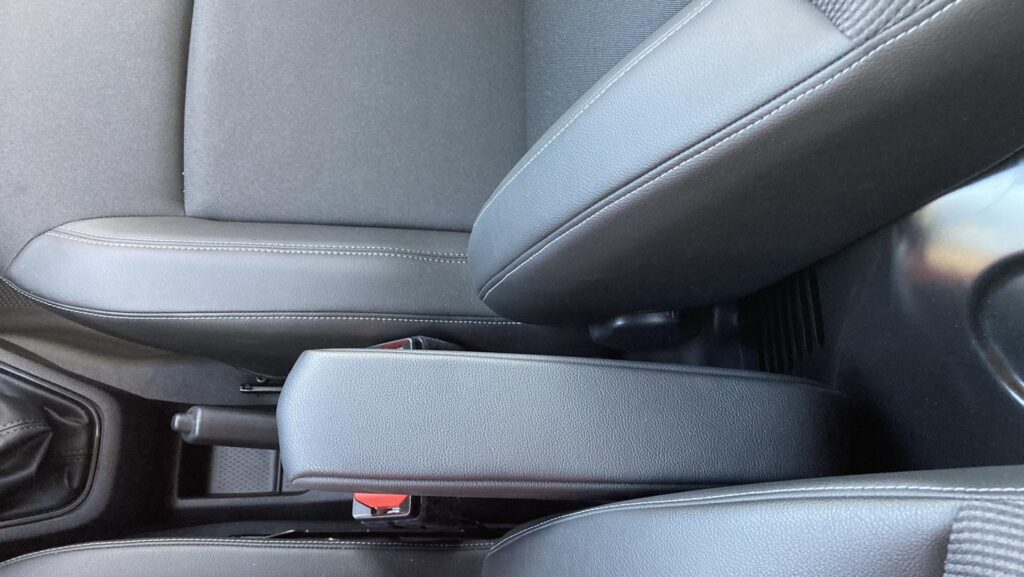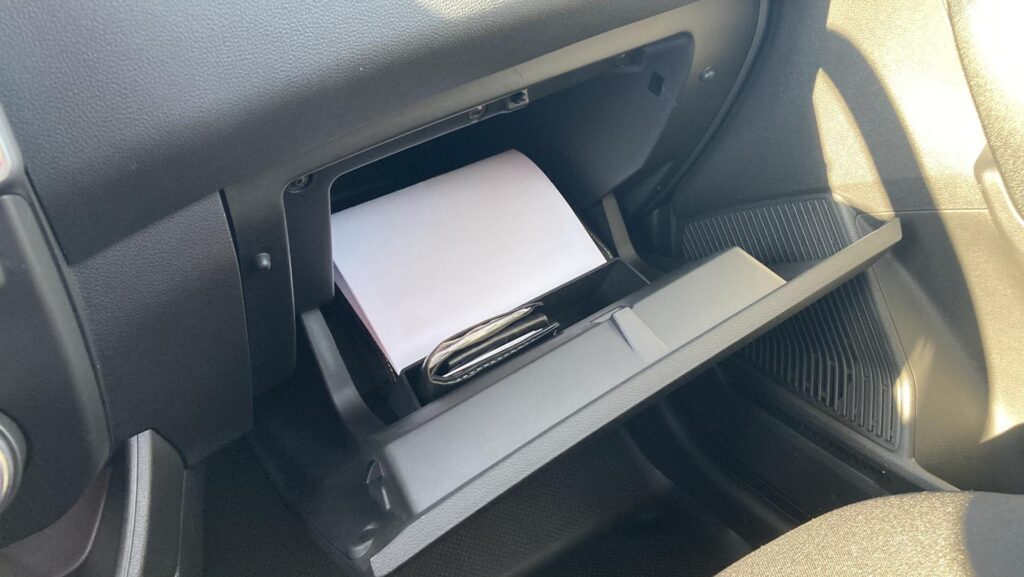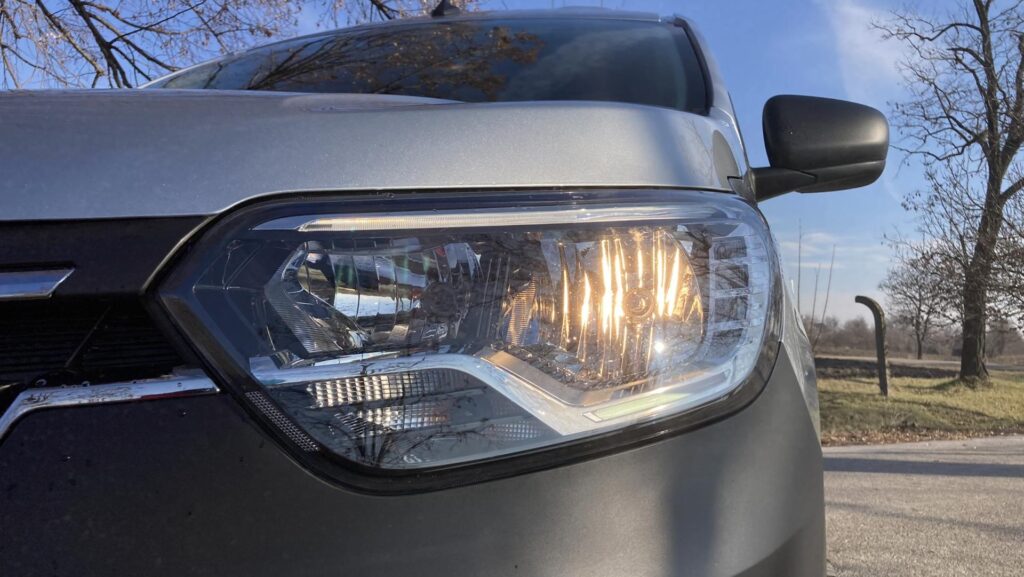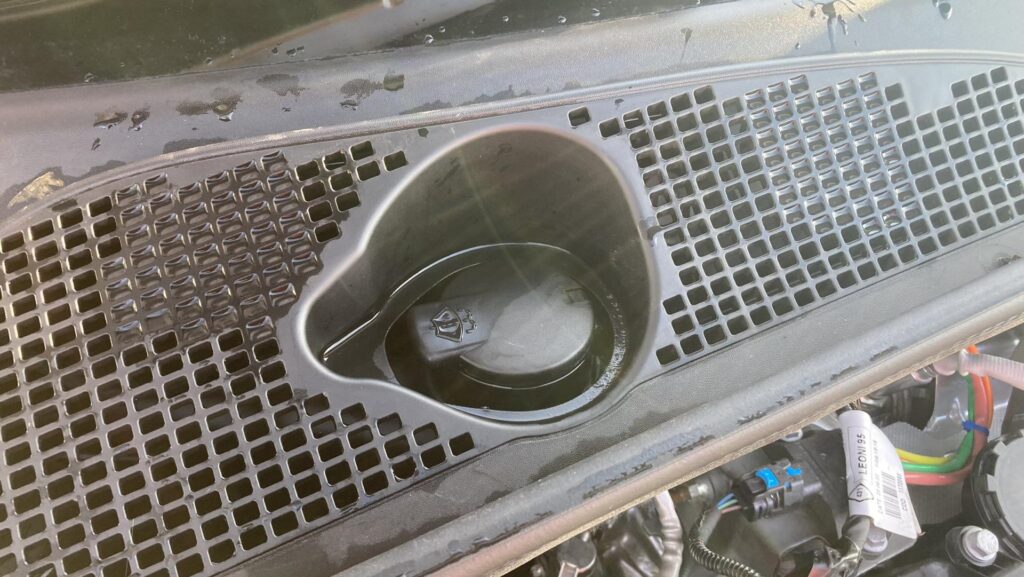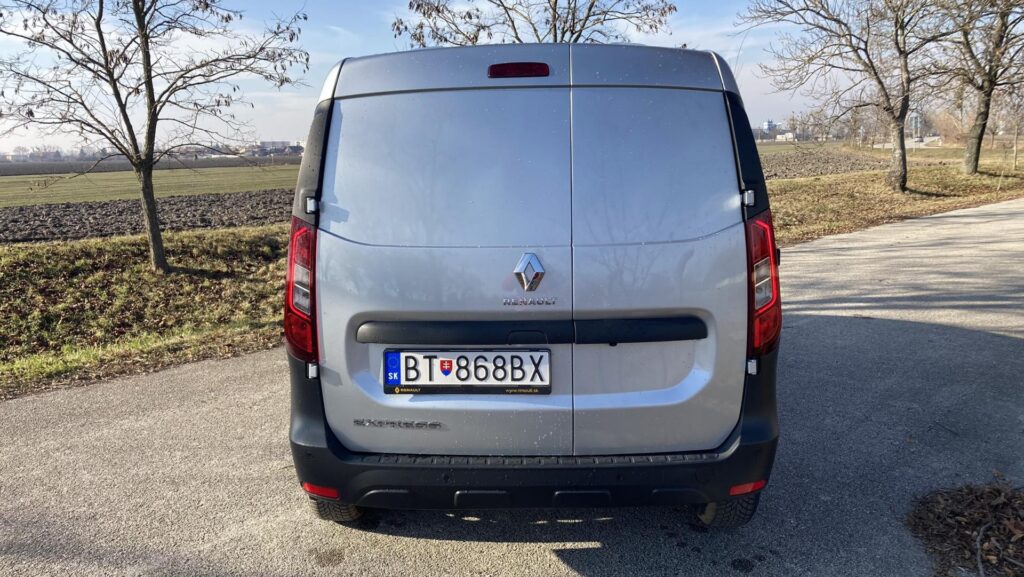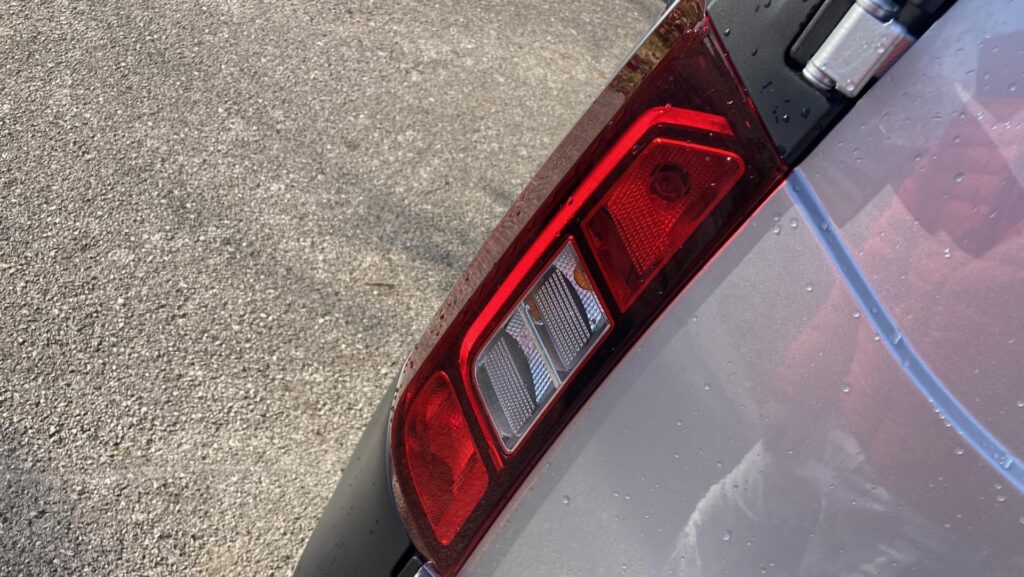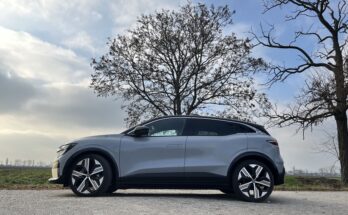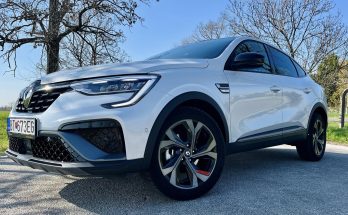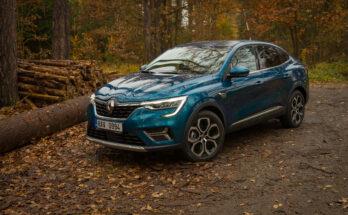The Renault Express Van is a new small van that is supposed to take over the role of the utility version of the Dacia Dokker, which is no longer on offer and which all small and large companies mourned in the group's offer. We tested the novelty with the most powerful dCi 95 diesel engine. The Dacia Dokker was a very popular small van, mainly due to its excellent price-performance ratio. In addition, it didn't look bad and cheap at all, as the Dacia brand is leaps and bounds ahead in terms of quality. Despite this, Dokker did not see its successor, and its role is currently being taken over by Renault Express.
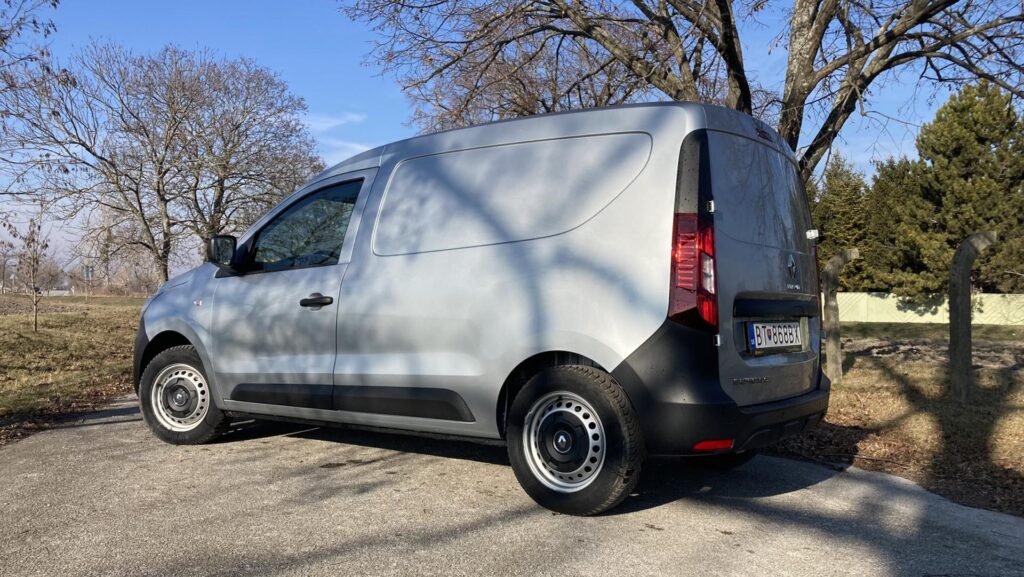
Express of this category offers two variants belonging to the segment of small vans. Renault made the Kangoo into a better and more luxurious version that can compete with the new VW Caddy or vans from the Stellantis concern. That is also why Kangoo received the most modern CMF chassis platform, all possible assistance systems and the option of a unique Open Sezame solution without the right B-pillar. On the other hand, the Express, offered only in the commercial Van version and in a short variant, was released on a modified platform of the just mentioned Dacia Dokker.

At first glance, the Express clearly shows its affiliation with the Renault brand. Above all, the new mask, which, as far as possible and with regard to production simplicity, came close to the current face of the brand. You have to put up with black bumpers and mirrors, because painted parts are not even offered. On the other hand, it's not even very desirable in this category. Nevertheless, in combination with silver metallic, the new Express looks very good. Do not look for aluminum wheels here, but you can buy them for an additional fee, but only for the gasoline engine.
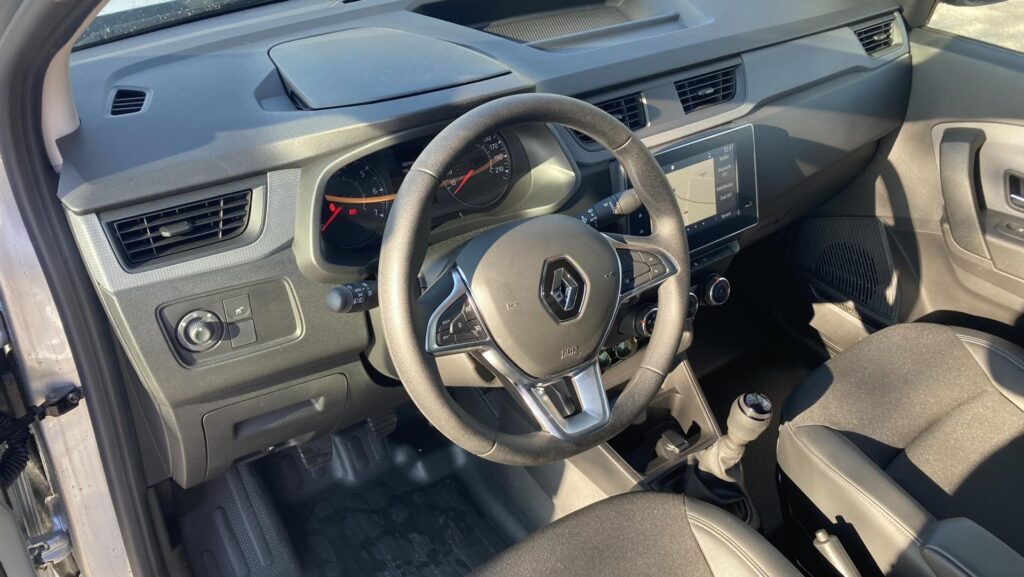
The Express looks very good inside as well, mainly thanks to the completely new instrument panel. It is made entirely of hard plastic, but it looks modern and I have no reservations about it even in terms of ergonomics and enough storage space. The lockable compartment is above the instrument panel, in front of the passenger (up to the second Cool trim) and you can "snap" a mobile phone into it, which you can use as navigation. There is a classic shelf above the sun visors, and the doors also have pockets large enough for drinks and small items.

Navigation with a medium-sized display and Apple CarPlay and AndroidAuto connectivity is always available at an additional cost. While the driver has enough space around him, the passenger is slightly oppressed. If the passengers would like to lower the backrest a little more, then a problem will arise, because the metal partition does not allow it. The only option is to move the seat forward, but then the legs hit the instrument panel.
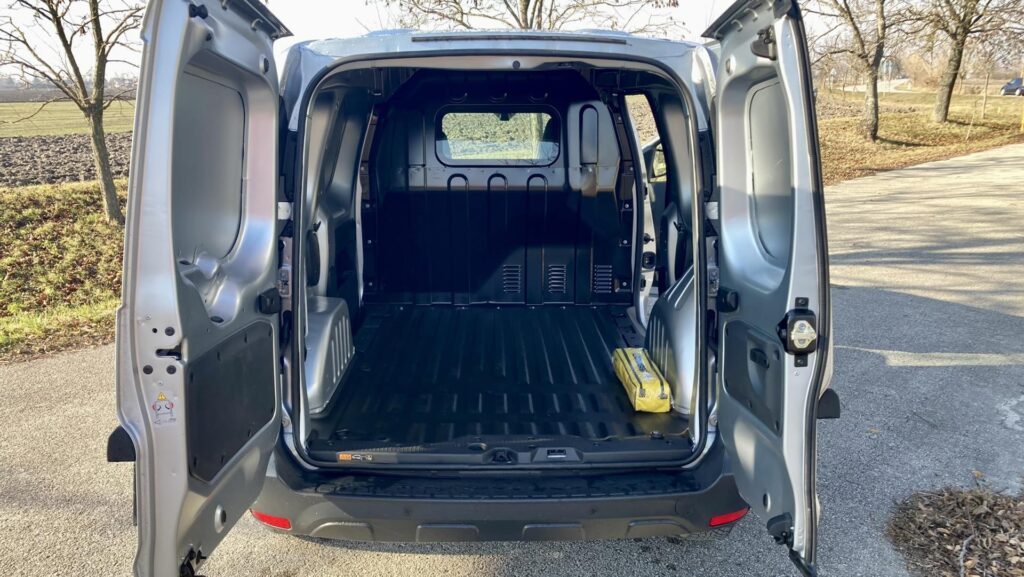
The cargo space is offered exclusively in one length variant and offers a respectable 3.3 cubic meters of volume. Access to it from the rear is ensured by an asymmetrically divided wing door, on the right side it is sliding. They are very easy to handle, which is important for everyday use. There are pockets in the doors, but their purpose is somewhat lost here (perhaps for some spare light bulbs and the like).
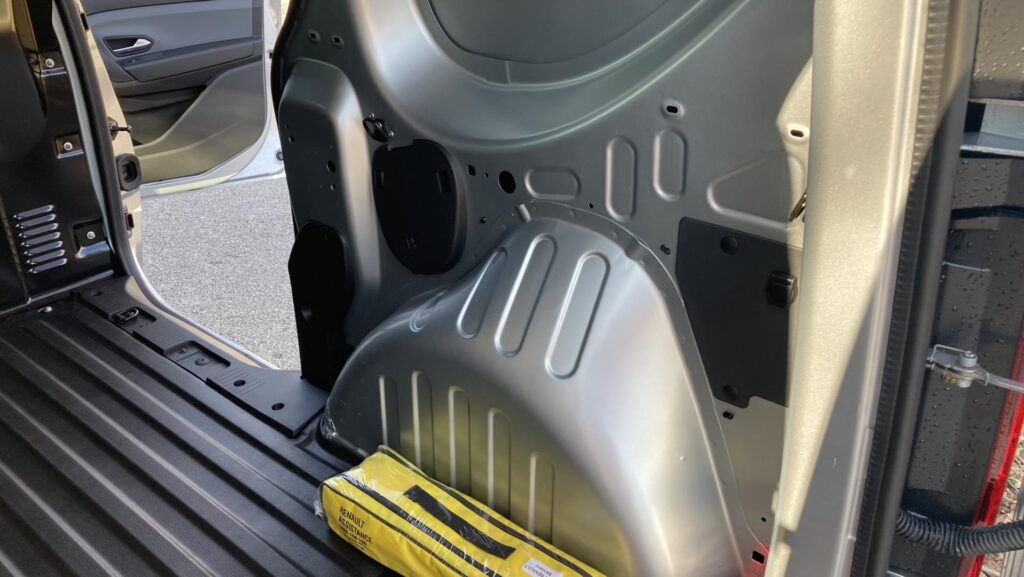
Express with a dCi engine can carry 656 to 698 kg, depending on the equipment, and even up to 1200 kg with a braked trailer. The length of the cargo area is almost two meters (1915 mm), the maximum width is 1416 mm, or 1170 mm between wheel arches. The height is the usual 1246 mm. Basically, you get completely bare sheets on the side, but the floor is very well plastered. If you would like wooden cladding or side protection, of course you have to pay extra. There are six anchor elements on the floor and two more on the sides. There is only one relatively weak lamp inside, LED lighting is also available for an additional fee.
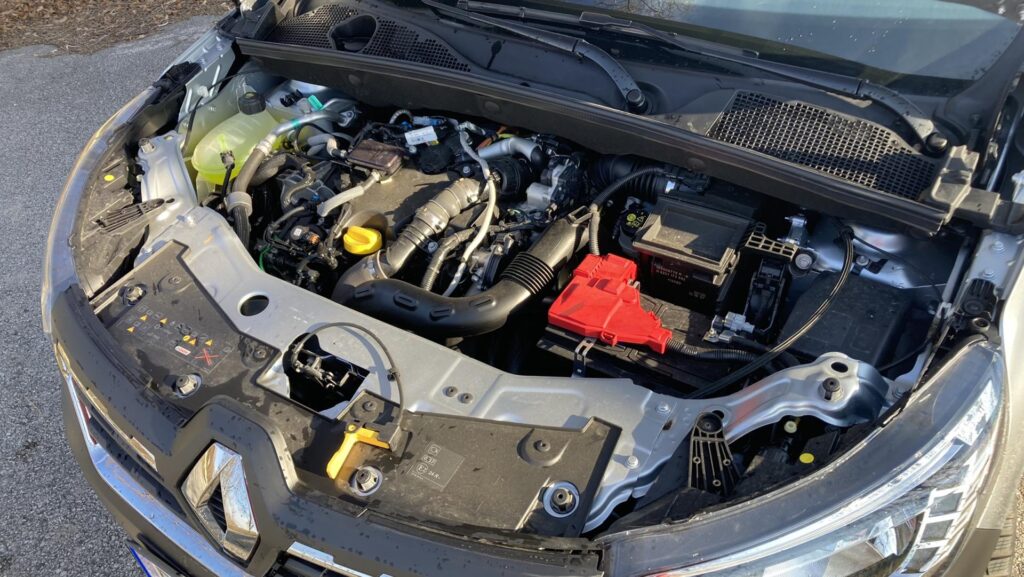
In the basic version, the Express is offered with a TCe four-cylinder petrol engine with 100 hp and two versions of the diesel 1.5 with 75 or 95k we had under the hood. It is exactly the dCi we remember from the past. Quiet, relatively dynamic and flexible, but above all extremely economical. Even with a load, it drives at the limit of 6 liters / 100 km. However, this engine is the most expensive alternative, so gasoline and weaker diesel versions will probably have a larger share. Despite the fact that the Express is technically based on the Dokker, the chassis has obviously been worked on and is now significantly more refined. The Express Van does not bounce along the road even empty, let alone loaded.
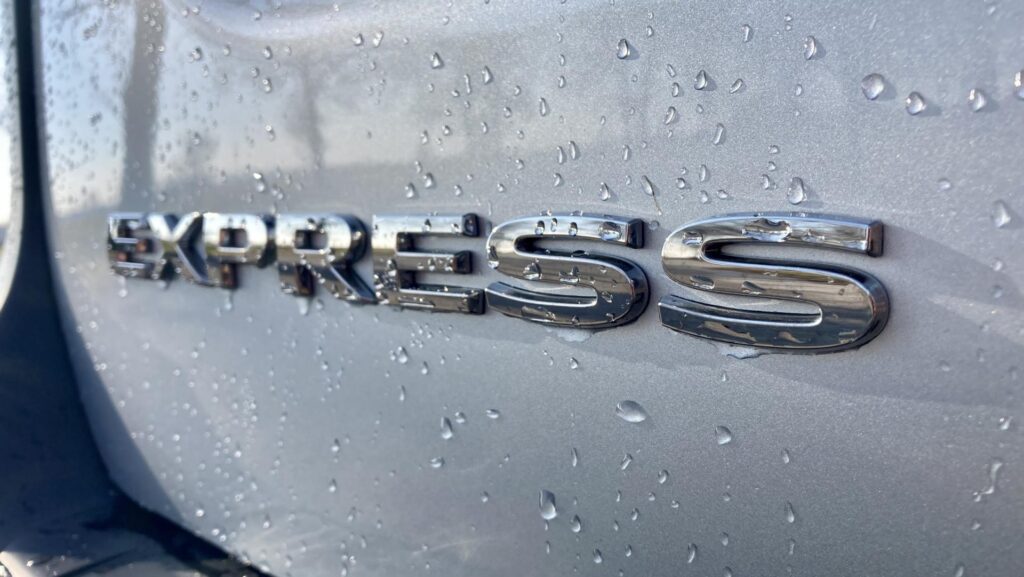
Dokker from Dacia was a price bomb in its time. Renault Express also starts at a very good price tag of €12,460 in Business trim, diesel engines start with a €1,000 surcharge. The most powerful version tested by us in the higher Cool equipment was for a decent €14,760 + surcharges for an 8" display with navigation and something extra. The complexity of the price list and the number of extras are really great here, and you can certainly configure Expres directly to your needs.
Renault Express Van is a simple, reliable and presentable-looking small van for everyday working life. I believe that you will see a lot of them on the road, as it does not have much competition in terms of price and technology on the current market…
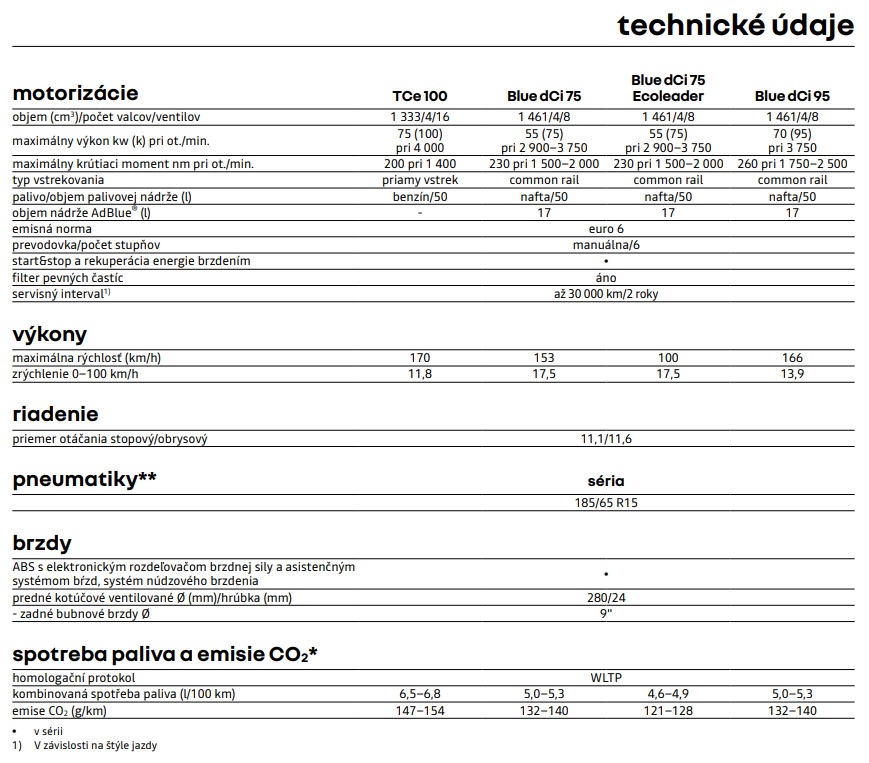
You can find the entire photo gallery here: Renault Express Van

